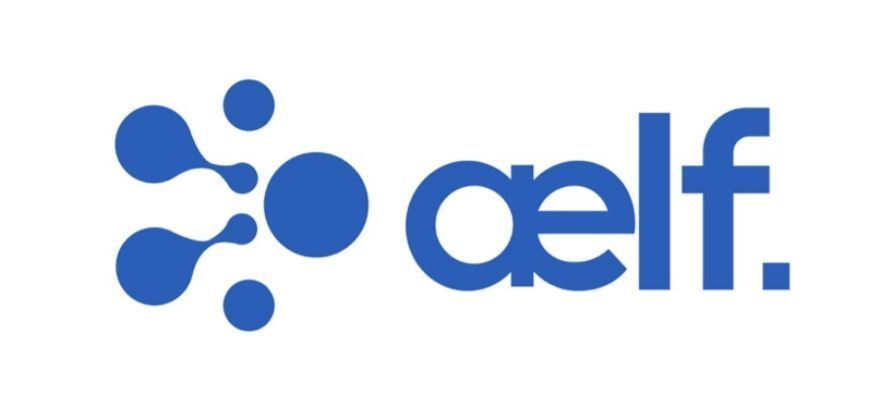Interoperability between different blockchains and cryptocurrency ecosystem is very difficult to achieve. By default, there is no reason to interact with competing projects. The Aelf blockchain sees things a bit differently, and its latest update may usher in a new era of communication. Communicating with and relying on third-party data from other chains and data sources is a big step forward.
The Purpose of Chainlink Oracles
To achieve communication with other blockchains and data sources, Aelf will rely on a service known as Chainlink Oracles. This technology allows any connected blockchain to interact with data sources such as Google Cloud, SAP, and NASDAQ. On the cryptocurrency front, it allows a direct line of communication with Bitcoin and data. Every oracle in this ecosystem is capable of verifying data prior to submitting it to partner chains such as Aelf.
As a result, the Aelf developers and enthusiasts will be able to develop a new plethora of applications and services in the future. Another benefit is how these data sources and blockchains can help strengthen the development of smart contracts in this ecosystem. A lot of potential use cases are waiting to be unlocked properly. Aelf is now also one of the very few chains which have this type of functionality, even though any project could – in theory – connect with these Chainlink oracles.
Communication Isn’t Interoperability
On the surface, this new implementation would seemingly provide Aelf with interoperability regarding data sources and other blockchains. In reality, however, that situation is very different. It is true these oracles will allow the different entities to communicate with one another to obtain and verify data and information. However, this level of communication is not sufficient to speak of interoperability at this time.
That doesn’t mean the Aelf team doesn’t want to achieve a degree of interoperating with Btcoin, Ethereum, or other blockchains. Building such a framework will require a lot of time and effort. By experimenting with Chainlink oracles, an important first step is taken to potentially achieve that goal. Based on the feedback gathered from this venture, the team can further look into making their chain interoperable with other blockchains on the market today. It will take years, if not decades, until all blockchains in the industry can interoperate with one another.
An Example for Other Chains
It is evident that relying on third-party solutions such as oracles is not necessarily ideal. That said, the Chainlink network of oracles is fully decentralized, which means a lot of potential use cases have opened up. It is also an agnostic network indicating any project can interact with it as they see fit. One has to hope other projects will take note of this development and act on it accordingly.

